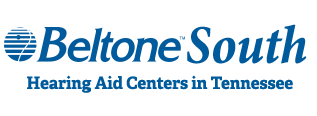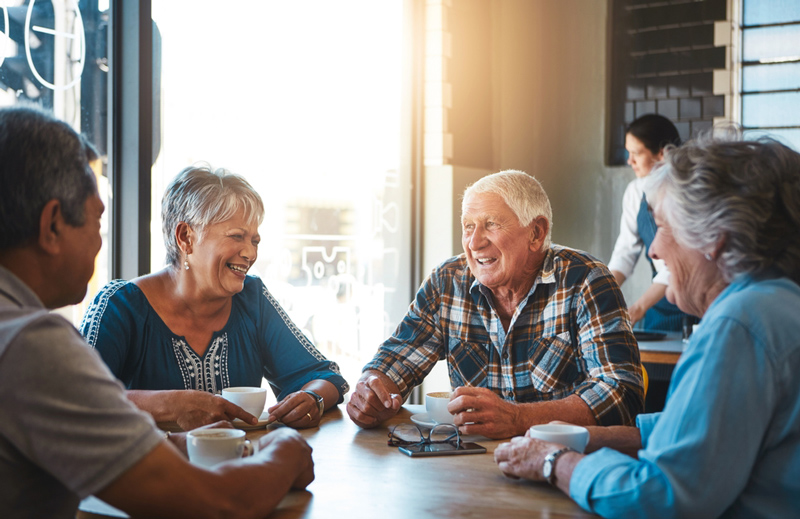You might be hard-pressed to find someone who does not enjoy at least an occasional coffee. Nevertheless, while a cup of coffee can be enjoyable, it is important to consider the consequences of caffeine consumption.
Have you ever asked yourself, “How much caffeine does it take to affect hearing loss?” If you have not, perhaps you should, as there may be a link between the two. If you have questions, we would like to answer them.
Caffeine and Its Affects
Caffeine is a stimulant found in coffee, some teas, chocolate, energy drinks, and specific over-the-counter medication. Caffeine stimulates the central nervous system and will cause you to feel more awake and alert.
The Mayo Clinic believes that healthy adults can safely consume up to 400 milligrams of caffeine per day. This number can vary depending on a person’s age, size, and health conditions.
Caffeine and Hearing Health
So, how does caffeine affect hearing loss? For starters, research shows that caffeine consumption can hinder the recovery of temporary hearing loss. Loud noises typically cause temporary hearing loss, which lasts only a short while (2 hours to 3 days). Simply drinking one cup of coffee has been shown to impede the body’s ability to repair temporary hearing loss.
Since caffeine affects blood flow and blood pressure, researchers have been highly interested in determining if there is a connection between actual hearing loss and caffeine consumption. A large study in Korea found no connection between hearing loss and coffee consumption. Instead, the study showed that the ones who drank coffee had lower rates of hearing loss than the ones who did not.
On the other hand, tinnitus patients have reported how lowering their caffeine intake has helped to reduce their symptoms. At the same time, a study has shown that abstaining from caffeine is an ineffective treatment for tinnitus.
Influential Factors
Loud noises are one of the leading causes of hearing loss. If you mow your lawn with a noisy mower or work around loud machines, you may want to wear earplugs.
If you have suffered from a blow to the side of your head or ear, you could be experiencing hearing loss as a result. You will want to consult a medical professional to assess the damage in this case.
In summary, avoiding noisy places and being safe is helpful. If you need to be in a loud area, protect your ears. In the event of temporary hearing loss, it may be good to abstain from caffeine intake. Finally, seeing your local hearing care professional for further guidance and routine checks could also be beneficial.
Safe Caffeine Consumption
As previously stated, the Mayo Clinic believes it is safe for healthy adults to consume up to 400 milligrams of caffeine daily. However, this number can vary depending on age, size, and health conditions.
Studies conducted on the correlation between caffeine and hearing loss are not conclusive. As a result, if you are suffering from hearing loss, it may be important to approach your caffeine intake wisely.
Practical Tips
Knowing yourself and how coffee affects you is important for enjoying coffee responsibly. You should also consider the expert guidance referenced in this article.
Conclusion
It is essential to consume caffeine responsibly. This is especially true if you have hearing loss, as there may be a connection, although the verdict is not out. If you are suffering from hearing loss, contact Beltone South about hearing care to get the help you need.






